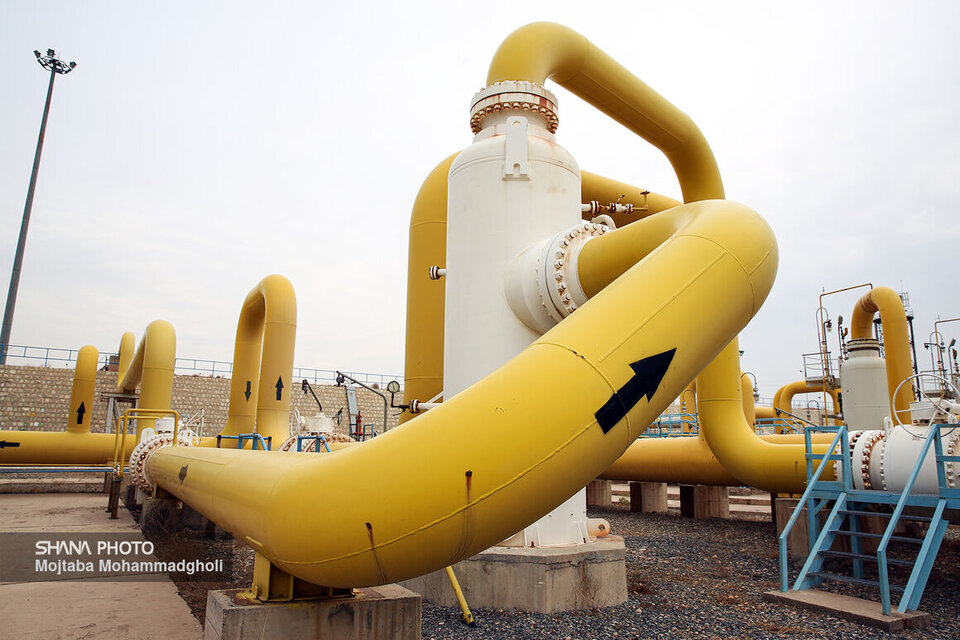Saeid Tavakoli, speaking on Sunday in an interview with state television, stated that maintaining the stability of the national gas network currently requires special measures to mitigate the adverse effects of this weather condition.
He noted that over the past 24 hours, gas consumption in residential, commercial, and small industrial sectors accounted for approximately 75% of the country’s total gas production. Tavakoli added that, fortunately, due to the efforts of his colleagues across various sectors of the National Iranian Gas Company—from production to distribution—the gas network is currently stable.
The deputy oil minister for gas affairs continued, “Given the increase in gas consumption compared to the same day last year, which shows a rise of nearly 120 million cubic meters in the residential, commercial, and small industrial sectors, I urge all citizens to help us by maintaining a comfortable indoor temperature (18 to 21 degrees Celsius), wearing warm clothing, covering air conditioner vents, using insulation, and joining the ‘Two Degrees Less’ campaign. This way, we can safely navigate through this cold and freezing period, as we always have.”
Tavakoli emphasized that on Saturday (February 8), 870 million cubic meters of natural gas were produced and delivered to the national grid.
He highlighted that the allocation of about 75% of this amount to residential and commercial sectors has prompted experts to once again warn that a smooth passage through the winter depends on consumption management and public cooperation with optimization programs.
He added, “Public cooperation in managing consumption will help us deliver more gas to power plants and productive sectors. This, in turn, will reduce the use of liquid fuels in power plants and consequently decrease air pollution.”
The CEO of the National Iranian Gas Company noted that with the current cold spell, particularly in the northern and northwestern regions of the country, gas consumption in residential, commercial, and small industrial sectors could rise to around 700 million cubic meters.
Tavakoli reiterated, “By following the simple measures mentioned, we can undoubtedly help reduce air pollution, improve the performance of the gas supply network, allocate more gas to power plants, and prevent increased consumption of liquid fuels.”


Your Comment